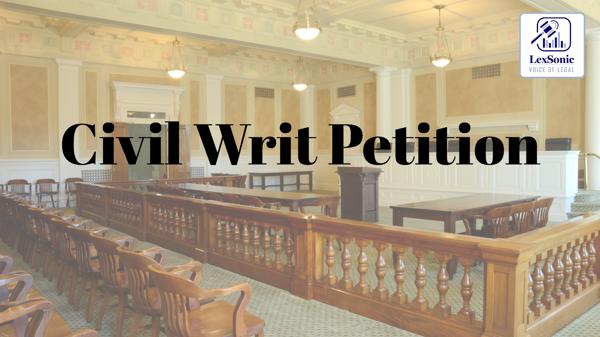Bombay High Court Quashes Lok Adalat Award Citing Fraud and Procedural Lapses.
09 June 2025
Civil Writ Petition >> Civil & Consumer Law
The High Court of Judicature at Bombay, in a recent judgment delivered by Honourable Mr. Justice N.J. Jamadar on June 9, 2025, has quashed and set aside an Award dated March 17, 2019, passed by the Lok Adalat, Madha, Solapur. The case, Sushila Devidas Ghorpade v/s Ganesh Anandrao Jagdale, concerning Writ Petition No. 1265 of 2022 (with Contempt Petition No. 151 of 2025), revolved around allegations of fraud in obtaining a compromise pursis and the subsequent Lok Adalat Award.
The Petitioner, Sushila Devidas Ghorpade, a 75-year-old widow, challenged the Lok Adalat Award, contending that it was procured through fraud. The dispute originated from an agricultural land bearing Gat No. 780, owned by the Petitioner, which she acquired in 1983. According to the Petitioner, her nephew, the Respondent Ganesh Anandrao Jagdale, along with other relatives, repeatedly attempted to usurp her land.

A key point of contention was a previous sham Sale Deed dated January 2, 2008, obtained from the Petitioner without consideration, which was later declared null and void by a Civil Judge's decree on September 23, 2011. Despite this, the Respondent initiated a partition suit (RCS No. 159 of 2019) in 2019. The Petitioner alleged that she was taken to the Civil Court at Madha on February 16, 2019, under the false pretense of receiving monetary consideration for land cultivation and was made to sign documents that later proved to be a compromise pursis, leading to the Lok Adalat Award.
The Respondent, in defense, argued that the Writ Petition was not maintainable and that the Petitioner's only remedy was to file a substantive suit alleging fraud. He asserted that the Award was based on a Compromise Pursis (Exh.8) indisputably executed by both parties before the Lok Adalat, where their signatures and contents were admitted. The Respondent also claimed to have paid Rs. 8 lakhs out of an agreed Rs. 12 lakhs to the Petitioner, with the balance subsequently paid.
However, the Court noted several inconsistencies supporting the Petitioner's claim of fraud. It was highlighted that the summons for the suit was made returnable on March 17, 2019, a Sunday, which was a non-working day and also the scheduled date of a National Lok Adalat, remaining unexplained by the Respondent. Crucially, the summons was not served on the Petitioner. Furthermore, the Court found that the matter did not appear to have been referred to the Lok Adalat through the mandatory modes prescribed under Section 20 of the Legal Services Authority Act, 1987.
The vagueness of the Respondent's partition suit, which vaguely claimed the land as ancestral joint Hindu family property without disclosing or impleading other co-sharers, also raised red flags. The Court emphasized that the Petitioner's ownership was fortified by the registered Sale Deed and the previous declaratory decree in SCS No. 119 of 2008. The subsequent Agreement dated May 26, 2020, where the Respondent acknowledged the Petitioner as the owner and in possession of the suit land, further complicated the Respondent's narrative and lent credence to the Petitioner's claim of being misled.
Referring to a judgment in K. Srinivasappa V/s. M. Mallamma (AIR 2022 SC 2381), the Court affirmed that a Writ Petition under Article 226 and/or Article 227 of the Constitution is a legitimate avenue to challenge a Lok Adalat award obtained through fraud, albeit on limited grounds. The Court rejected the Respondent's argument that such an inquiry, involving factual investigation into fraud, could not be conducted in writ jurisdiction.
Considering the totality of the circumstances, including the Petitioner's vulnerable situation and the procedural irregularities, the High Court concluded that an inference of fraud vitiating the Lok Adalat Award was sustainable. Consequently, the Court allowed the Writ Petition, quashed and set aside the impugned Award dated March 17, 2019, and restored RCS No. 159 of 2019 to the file of the learned Civil Judge, Madha, Solapur, for a fresh decision in accordance with the law. The ad-interim order restraining the Respondent from disturbing the Petitioner's cultivation and possession of the land was also continued.
